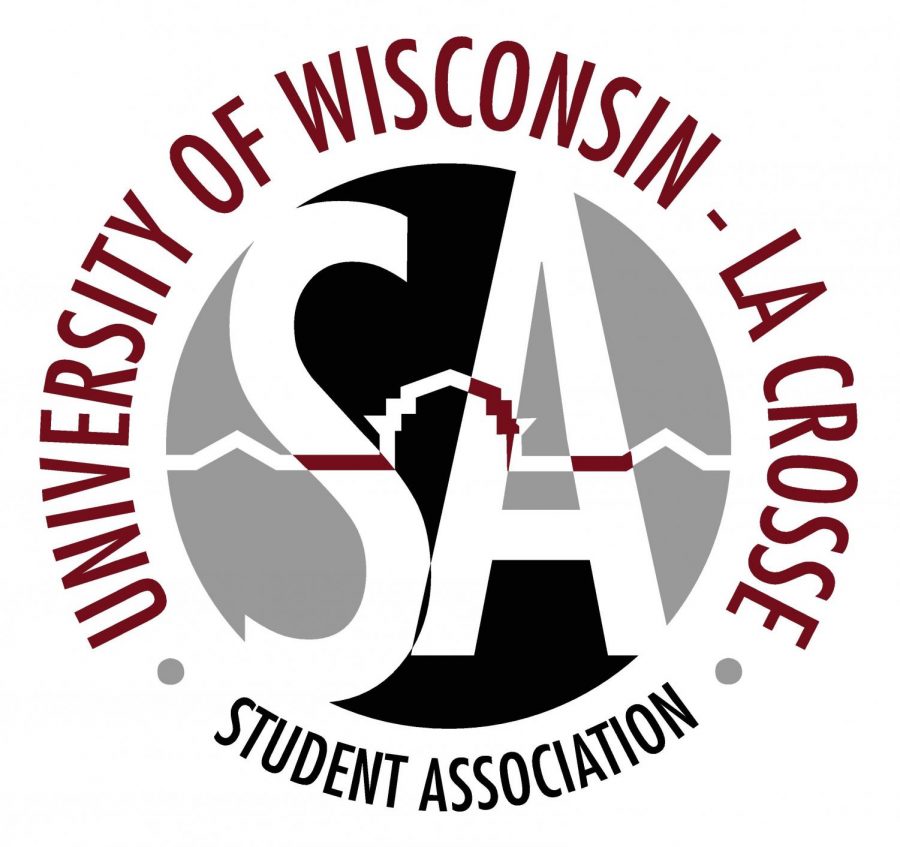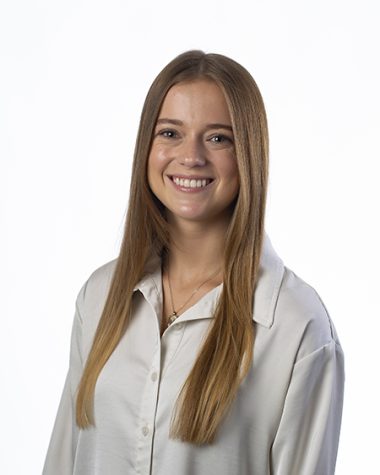Student Association meets with guest speaker Joe Gow about supporting off-campus students, lowering tuition, and campus regulations
October 1, 2020
On Wednesday, Sept. 30, the University of Wisconsin–La Crosse Student Association (SA) met virtually to speak with Chancellor Joe Gow and discuss pressing topics. These topics included how the administration plans to support off-campus students, what the quarantine procedure will look like once in-person classes resume, and the possibility of lowering tuition.
College of Science and Health senator Jared Zwettler asked Gow, “How is the administration planning on supporting the 7,000+ students that live off-campus?” Gow urged students to practice social distancing, wearing a mask, and going and getting tested at the free testing spots available in the La Crosse County area.
“The trend is down and that’s what we want to see,” said Gow. “Like many of you I wake up each morning and I say ‘wow, how much longer can we do this? It’s just not easy.’” Gow said, “Student Affairs continues to offer support and aid, if there are things that you need, contact them. The big issue for off-campus students is we wish more off-campus students would get tested.”
Student Association State Affairs Director Grant Mathu asked, “Are you or any other university officials considering or even talking about potentially switching to pass/fail grading?” Gow responded by saying that it is a little too early in the semester to decide on that. Back in the spring when moving to pass/fail, the administration was very reluctant to go to pass/fail because in the long term it is better for students to receive grades. The administration might revisit that idea, but a decision has not been made at this time.
Another topic discussed was by Student Association Public Relations Director Holly Korfmacher. She asked, “Is there any talk about dates changing for spring break or winter break?” Gow said, “I worry a lot about Thanksgiving coming up. Should people go home and be with their families or not?”
UW-Madison recently canceled spring break and is starting their second semester a week later and UWL has been looking towards that model. Concerns are surrounding that on student’s mental health if UWL cancels spring break as that puts a whole semester with no breaks from academics. “I’m challenged to plan that far ahead just how this situation is so unusual. Let’s just get through this semester and then we’ll see what spring looks like,” said Gow.
Following Gow, SA put in a resolution to the faculty senate to suggest giving students either a three or four-day weekend the weekend of April 2. Spring break cancellation was put into effect to prevent students from traveling and spreading COVID-19 to other areas. However, mental health concerns were widely talked about so SA is hoping to get a three to four-day weekend approved instead.
Pride Center senator K.C. Cayo asked, “Is discontinuing all in-person classes permanently this semester something UWL would consider?” This question is a reflection of the legislation resolution 217 that the Dane County board of supervisors voted on, urging UW-Madison to discontinue in-person classes.
While a decision hasn’t been made in UW-Madison, there aren’t elected officials asking UWL to shut down permanently. “The heads of Gunderson and Mayo think that UWL is headed in a good direction,” said Gow.
Senator in the College of Science and Health Rachel Engebretson asked Gow, “Is there a plan to lower tuition for students since they aren’t getting the same quality of education that they would receive if classes were in-person and we don’t have access to the same amenities that we are paying for in our tuition?” Gow said, “I get that question a lot. On the tuition front, the quality of the classes is not different given the different modality.” He explains that the segregated university fees aren’t user fees, but more of a tax. “We build the Student Union and we have to spread the cost of that out for 30 years,” said Gow.
Engebretson said, “I do understand that those things need to be paid for, like the Union, but I don’t think that it’s justifiable to make students who aren’t being able to access those amenities and those facilities pay for those things.” Joe Gow respects the right to feel that way but agrees to disagree.
Senator in the College of Science and Health William Schauberger brought up partying on and off-campus and how the administration will be able to regulate that. “We had a meeting with the county and medical heads and one of the key leaders of the hospitals here said to the county that they need to shut the bars down, but the county said they looked into it and talked to their attorney, but they don’t think they can legally do that based on the decisions being made by Governor Tony Evers,” said Gow. “When you move to implement suspension and no tuition reimbursements, people argue due process, and they’re right. It’s like legally can you really make that stick?”
Schauberger compared UWL to Iowa State by saying, “If several other universities throughout the United States are doing it, why is UWL any different at all?” Gow said things are in process and they are working to help with partying.
One last topic that was discussed was from Larry Ringgenberg, the Director of University Centers, about reaching out to the La Crosse City Clerk to make UWL’s campus an absentee ballot drop off place. There are concerns about confidentiality and accessibility to make that drop off place secure while still being on campus. However, no decisions have been made.







